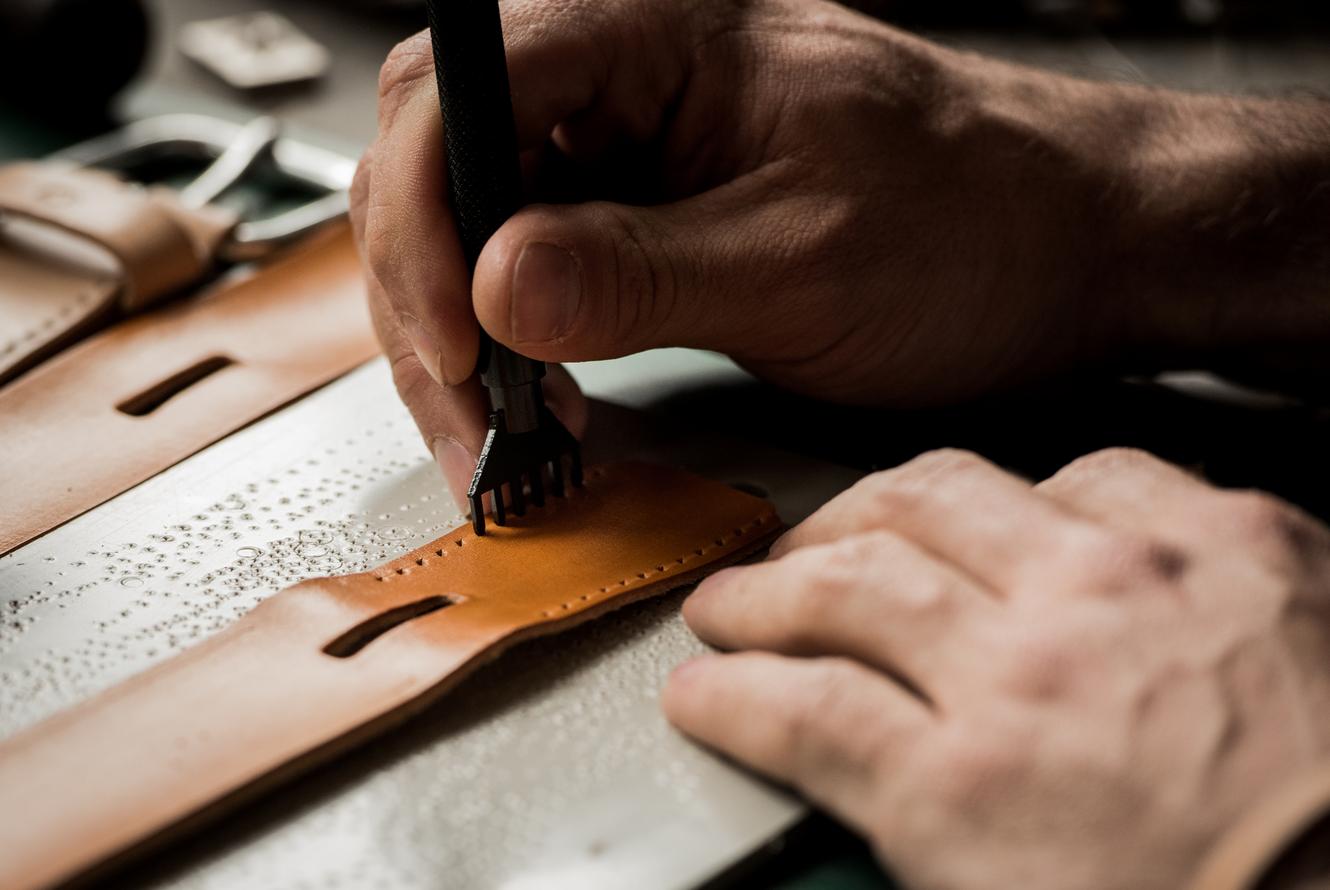A new generation of companies – think Uber, Airbnb, Etsy, and others – have built thriving businesses on the basis of trust. We spend the night in a stranger’s home; we catch a ride with someone we don’t know; and we pay in advance for an artisanal product that will be shipped from an unknown maker on the other side of the world.
Earlier this year, TechCrunch celebrated the rise of this “trust economy,” saying that companies like these have “brought a renewed sense of community, engendered more collaboration, sparked new thinking, and put a premium on trust.” High praise indeed.
But the trust economy isn’t really new. In fact, it’s centuries old.
Trust has always been a merchant’s most important currency. Since our ancestors began to buy, sell, and trade with each other, the best way to ensure repeat business has been to earn the customer’s trust. Even as the customer experience has been transformed, the power of trust to make or break a business has endured.
Today’s trust economy does have one critical distinction from the past: A single customer’s experience has more influence than ever before.
Before the advent of the internet, we chose which brands to do business with based on our personal experiences and those of our friends and family. That’s still true: in fact, word of mouth from our personal network is today’s most trusted form of advertising.
But word of mouth from strangers continues to deliver an enormous impact. You may not personally know anyone who stayed at that hotel in Maui you found via the web, but 4.5 stars and the positive online reviews of several dozen strangers may give you the confidence to book a week’s vacation with your family. Word of mouth gets magnified exponentially, and the trust economy is born.
Today, every business can benefit from a positive review – or suffer terribly from a bad one. So what is a company to do? What worked for merchants thousands of years ago still works today: earn trust by delivering an exceptional customer experience. Empower your employees to take the initiative to “delight” customers. Reward them when they succeed. And, if on the rare occasion you fall short, make amends immediately and invite the customer back for another opportunity.
Whether you are a growing tech company, a legacy brand, a mom-and-pop shop, an Uber driver, or even a government employee, every customer interaction is an opportunity to win trust – or lose it. And what’s at stake isn’t just a single customer. It’s their entire network of family, friends and colleagues…and maybe a few thousand strangers on the internet.


